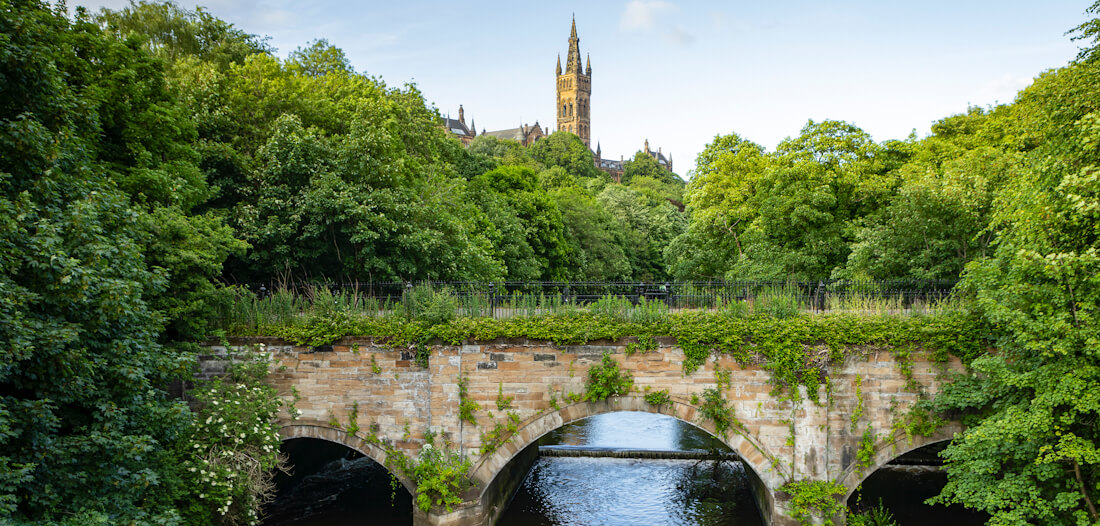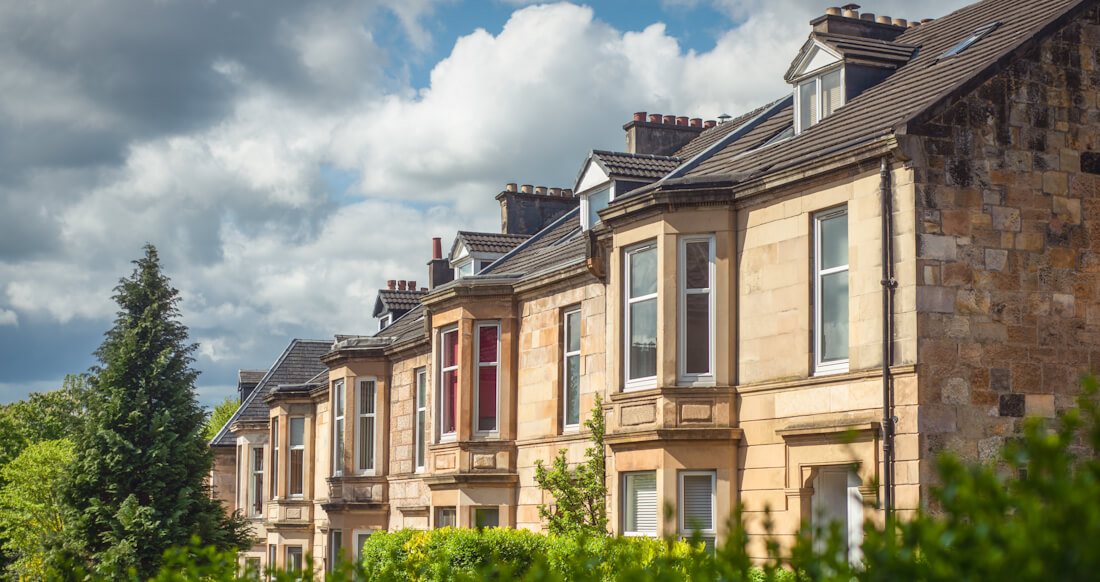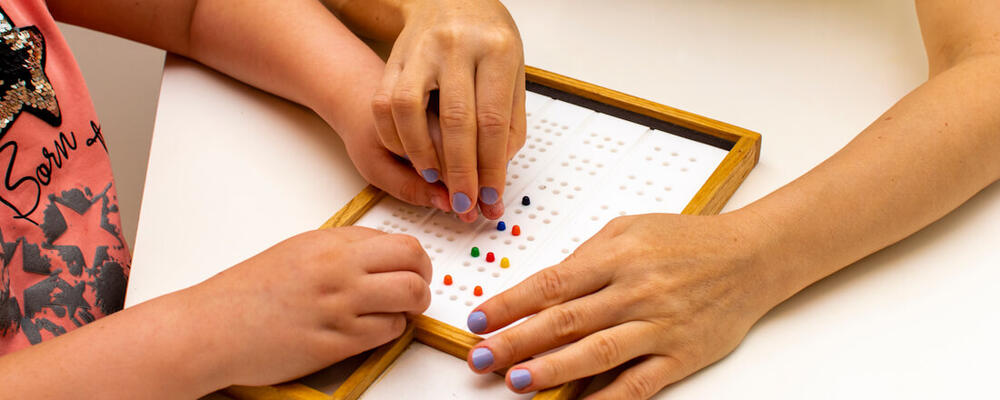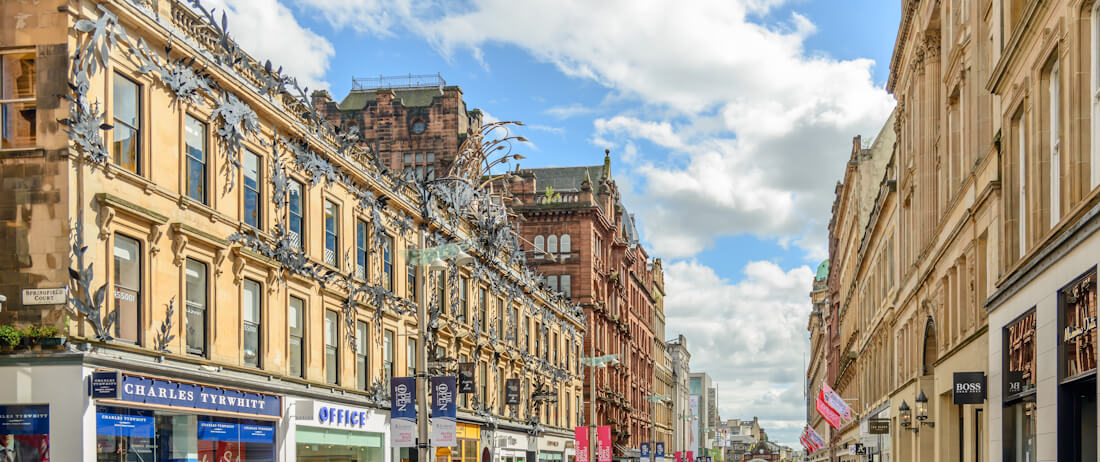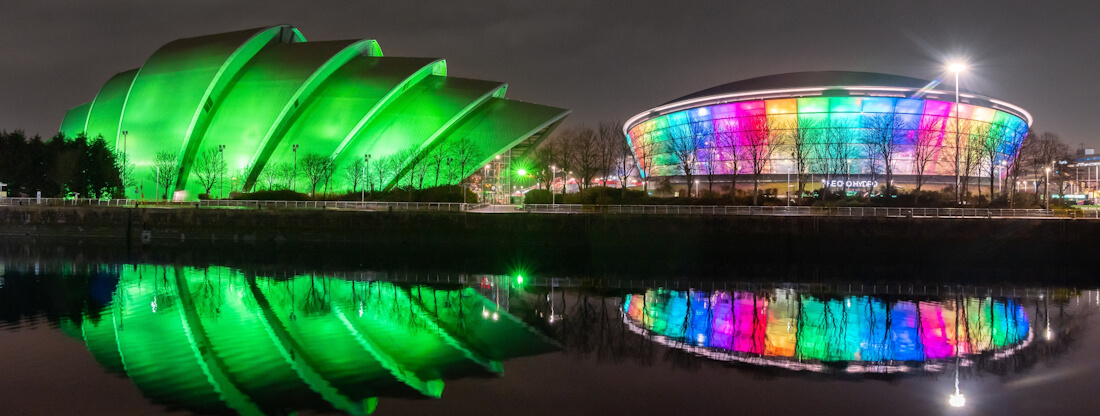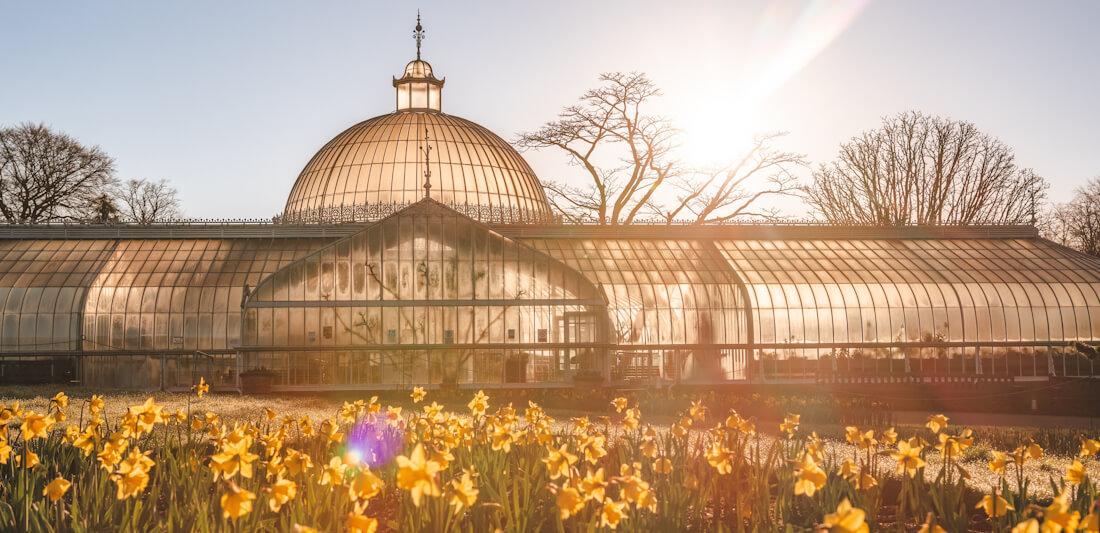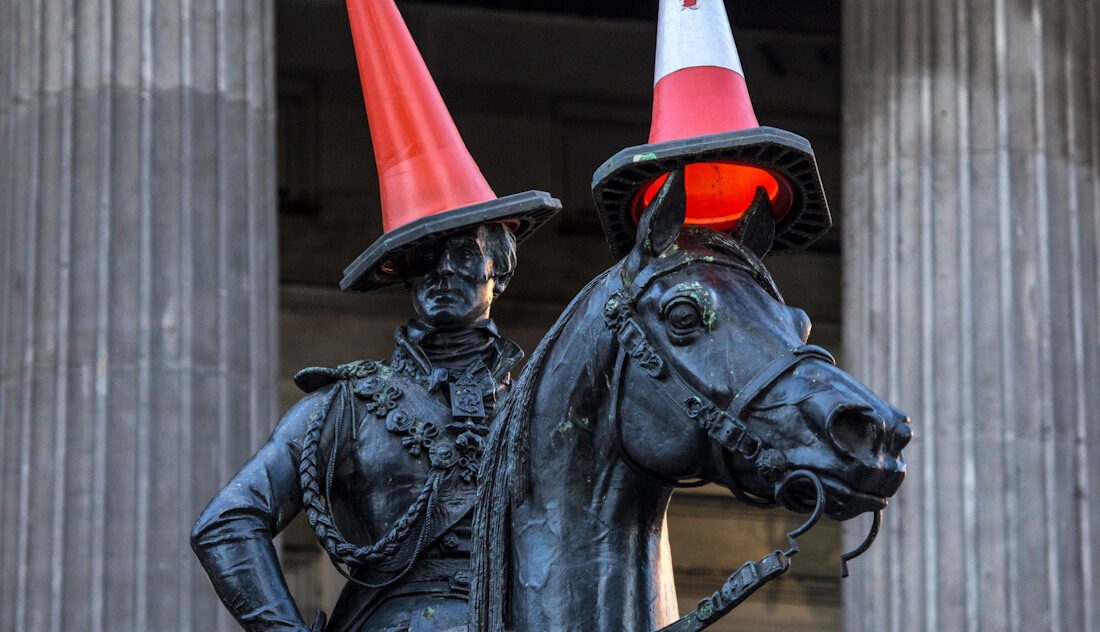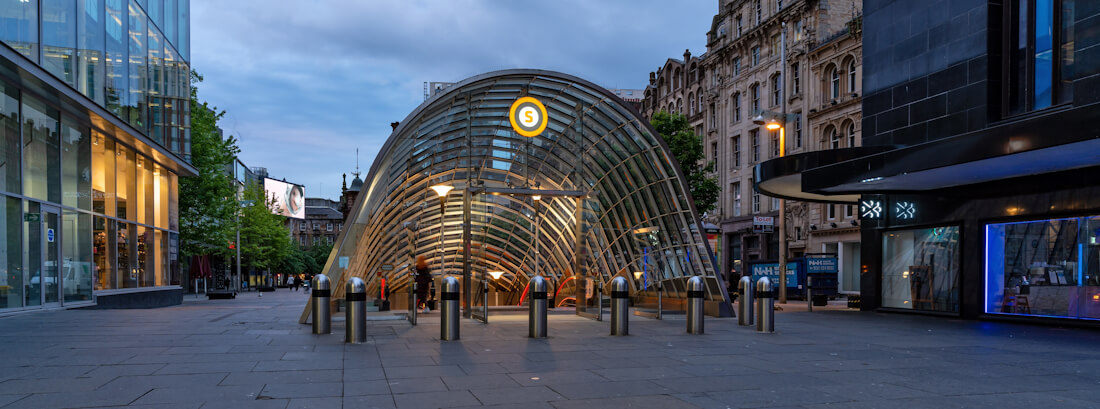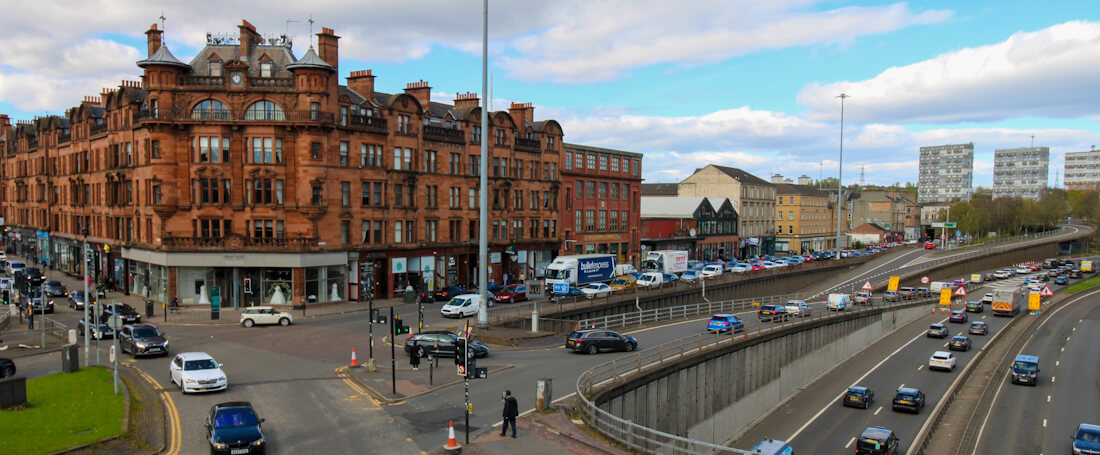With beautiful Victorian architecture and lush natural surrounds, the city of Glasgow sits beside the River Clyde in Scotland's central lowlands, about an hour west of the capital city of Edinburgh.
Glasgow grew from its shipping and trade origins to embrace its post-industrial role as the engineering and manufacturing stronghold of Scotland. Subsequently, Glasgow also became a major player in the Scottish Enlightenment movement, producing impressive art, music, and architecture.
This evolution has produced a city of contrasts, carefully combining beauty and rugged functionality, resulting in an influx of newcomers keen to move to Glasgow and make the city their new home.
Living in Glasgow as an expat
Many expats come to Glasgow to work in the city's financial and business services sector. Those who come over without a job already secured will soon discover that finding work in Glasgow can be an extremely competitive process. Networking is key, and many will find that going through an employment agency will yield the best results.
Getting around in Glasgow is fairly easy with several options to choose from. Trains run out of two major stations in the city centre and provide affordable travel options in Glasgow and throughout the UK. The bus system is just as efficient, with a reliable and comprehensive timetable servicing the city.
Cost of living in Glasgow
Glasgow offers a moderate cost of living compared to many other cities worldwide, making it an appealing option for those seeking affordability without sacrificing urban conveniences.
For those deciding between Glasgow and Edinburgh, the lower cost of living in Glasgow may be a deciding factor. Rental prices, in particular, tend to be more affordable than in the capital, making Glasgow a slightly more budget-friendly choice within the UK. However, both cities offer a high quality of life, and personal preferences will ultimately determine the best fit.
Families and children in Glasgow
Glasgow's high quality of life makes it a great place to raise a family. Healthcare is free or subsidised and of excellent quality, and the city is home to many good schools.
While there are no international schools in Glasgow, most expat parents are happy with the quality of education government schools offer. In fact, Glasgow is home to some of Scotland's top-performing state schools. Catchment areas do apply, though, so expat parents looking to nab a seat for their children at one of the more competitive schools should keep this in mind when deciding what area to live in.
Climate in Glasgow
Glasgow's typically chilly and windy climate isn't one of its main selling points. Still, the bright flowers that pop up all over the city in springtime do make for a pretty sight, and some summer days can be fairly warm.
Once settled, expats will encounter honest enthusiasm and a generous spirit among Glaswegians, finding many residents eager to chat. Come Friday evenings, expats heading down to the pub will find there's plenty of witty banter to be had, which is a great way to make friends with locals.
Moving to Glasgow may seem intimidating at first, but given a little time, expats will feel just as proud to live among the city's stunning Victorian architecture as born-and-bred Glaswegians.
